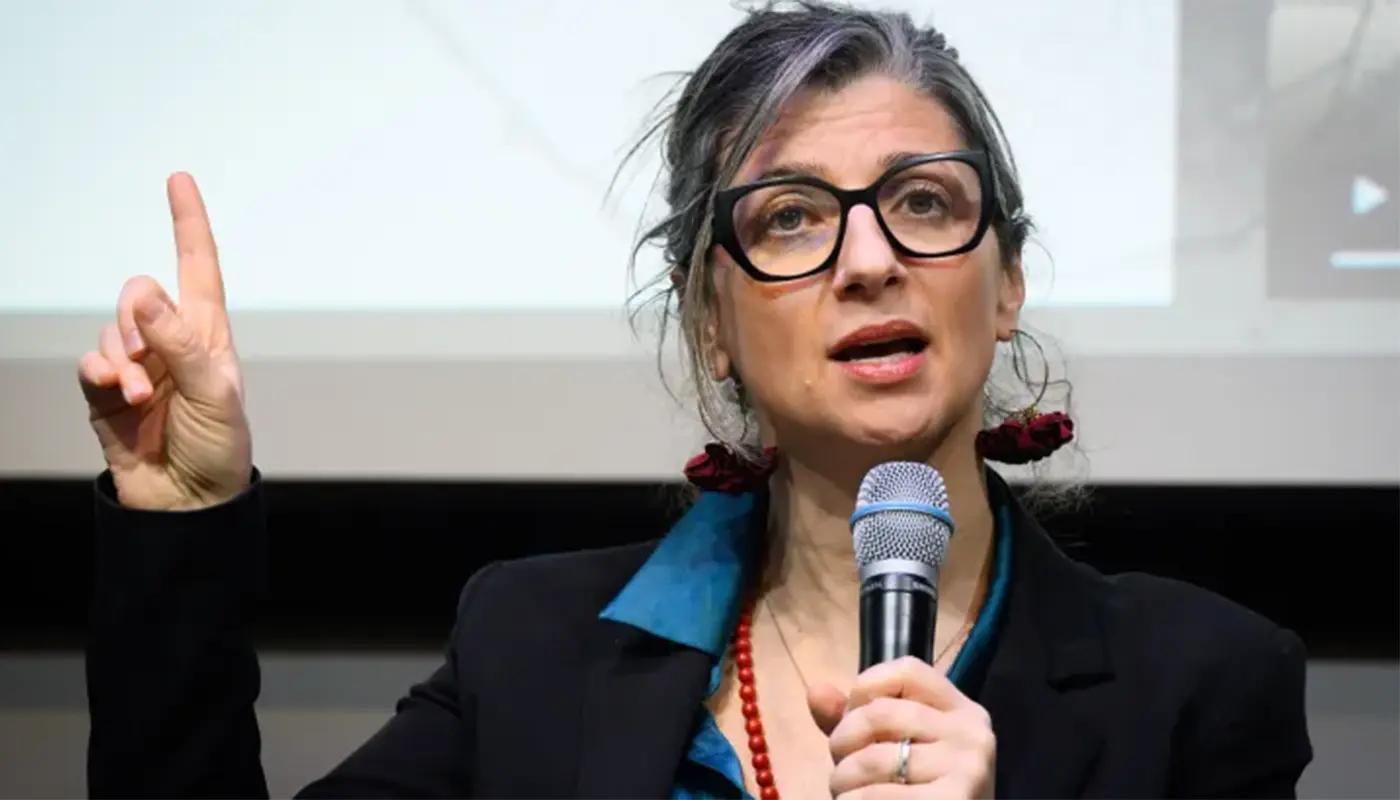UN – United Nations human rights officials have called on the International Court of Justice (ICJ) to take legal action to uphold the diplomatic immunity of Francesca Albanese, the UN Special Rapporteur on the Palestinian territories, after she was sanctioned by the U.S. State Department. The sanctions accuse her of initiating International Criminal Court (ICC) proceedings against U.S. and Israeli individuals and entities.
The UN has condemned the U.S. measures as a serious breach of international law. Rights Chief Volker Türk warned the sanctions set a “dangerous precedent,” undermining the work of UN experts by exposing them to political retaliation. UN Secretary-General António Guterres’s spokesperson reiterated that sanctioning UN-appointed officials violates the UN Charter and host-nation agreements.
Albanese, an Italian human rights lawyer appointed in 2022, has reported extensively on alleged Israeli violations in Gaza and urged ICC prosecution. She described the sanctions as an indication of “guilt” rather than strength, and called for attention to the humanitarian crisis in Gaza.
Legal experts insist the United States is party to the 1946 Convention on the Privileges and Immunities of the UN, which guarantees immunity to special rapporteurs like Albanese. Violating these provisions could prompt litigation at the ICJ to enforce her immunity status.
Why ICJ Action Is Sought
- The Convention on the Privileges and Immunities of the UN shields rapporteurs from sanctions or litigation in their duty-bound work, even against powerful states .
- Albanese’s supporters, including Amnesty International head Agnès Callamard, argue that only legal intervention—such as an ICJ ruling—can reverse the U.S. sanctions and restore her global mandate.
Potential Legal Path & Impact
If the UN pursues a case at the ICJ, it may request provisional measures to suspend the sanctions while immunity is debated. Such a ruling would reaffirm protections for UN experts and prevent future politically motivated reprisals.
The case could also trigger broader resistance from UN member states and human rights groups demanding institutional safeguarding against efforts to intimidate independent rapporteurs.





